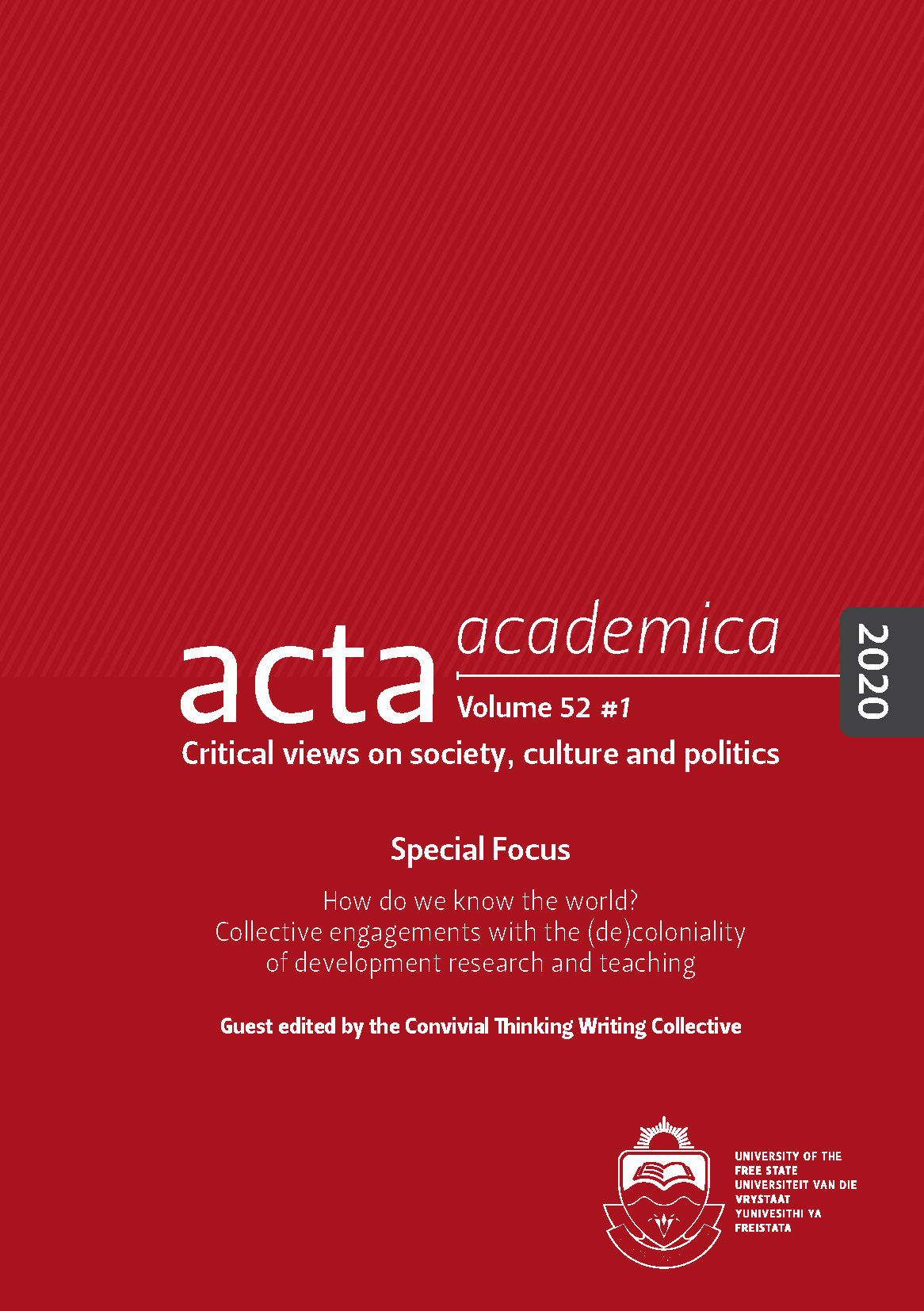‘Dark technology’, aggressiveness and the question of cyber-ethics
DOI:
https://doi.org/10.18820/24150479/aa52i1/1Keywords:
Cyber-ethics, Cyber-crime, 'Fake porn', Discourse ethics, Nature or culture, Freud, HabermasAbstract
The aim of this paper is to assess the role of ‘dark technology’ in contemporary society, specifically in the context of reprehensible actions in the virtual space of the internet, for example what is known as ‘fake porn’, circulated in the form of ‘deepfake’ videos. This entails the construction of pornographic videos with the faces of ‘celebrities’ grafted on the bodies of pornographic actors, and arguably poses a serious ethical, privacy-related problem. This assessment must be seen against the backdrop of a discussion of the question about what the basis of human volition and action is – nature or culture (nurture) – with reference to a debate on this issue in the 18th century, and further relating it to the work of Darwin on the ‘struggle for survival’ in the 19th century and to Freud’s later work on the instincts (drives). Finally, in light of the findings regarding the possible grounds of human action – specifically those aimed at harming others in online spaces – the further question is posed, namely, what conditions a (code of) cyber-ethics has to satisfy to be able to influence the online behaviour of users significantly – to the point where one might ‘reasonably’ anticipate a decrease in cyber-crime and cyber-abuse. The answer to this difficult question, derived from critical theorist Jürgen Habermas’s discourse ethics and notion of communicative action, assumes the form of an indication how, in a multi-cultural world, linguistic communication and a ‘universalistic’ discourse ethics can lay the groundwork for cyber-ethics.
Downloads
##submission.downloads##
Published
How to Cite
Issue
Section
License
Copyright (c) 2020 Author(s)

This work is licensed under a Creative Commons Attribution 4.0 International License.





